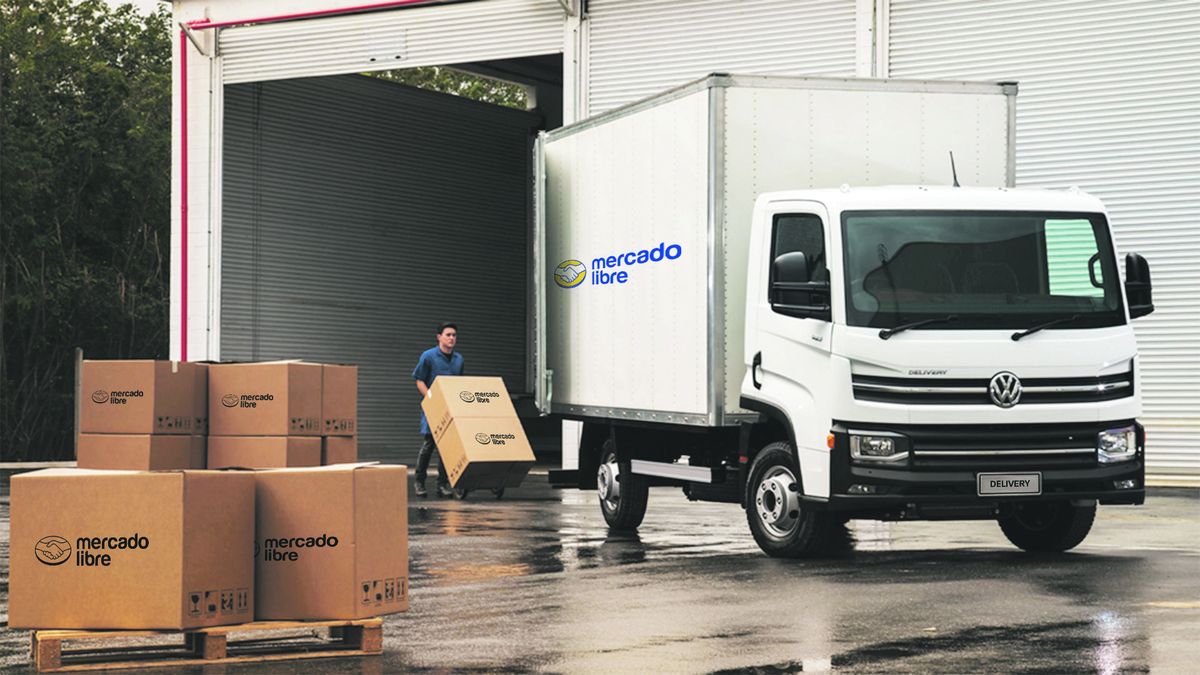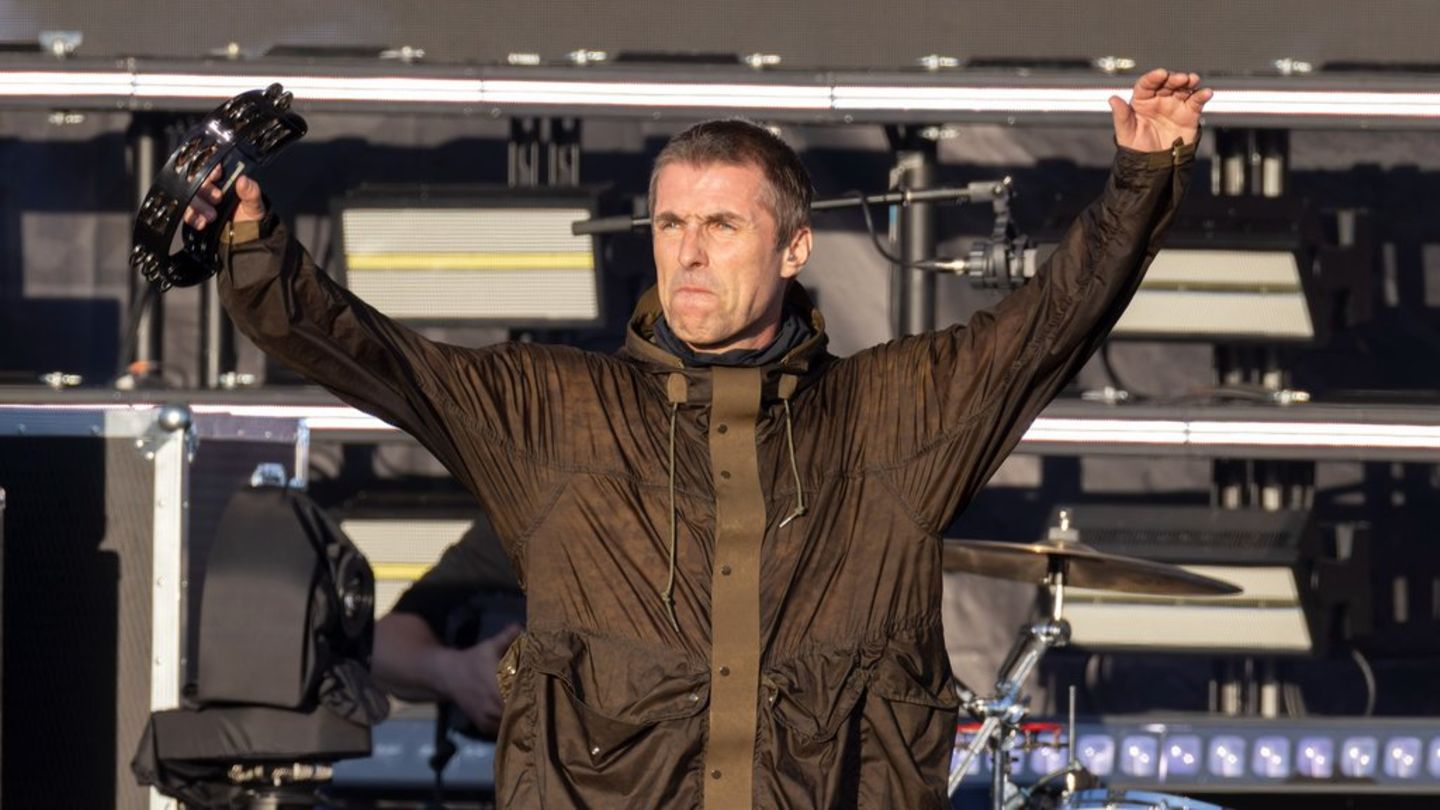Sustainable logistics is not a fashion or slogan, it is a necessity. And we know. The industry also recognizes it. According to a recent report by the Business Chamber of Logistics Operators (CEDOL), 7 out of 10 logistics companies operating in Argentina already measure their carbon footprint. And during the last meeting of the Argentine Association of Business Logistics (Arlog), sustainable logistics were identified as one of the five key challenges for next year. It is not less: we are talking about a sector that, by volume and by incidence, has a determining role in compliance with goals such as those proposed by the 2030 sustainable development objectives.
Particularly, SDG 11 raises the need to “ensure that cities and human settlements are inclusive, safe, resilient and sustainable”, which requires reducing the environmental impact of urban transport and rethinking distribution in densely populated areas. ODS 12 promotes “guaranteeing sustainable consumption and production modalities”, an objective in which logistics efficiency has a direct role by avoiding waste, optimizing resources and minimizing waste generation. Finally, the ODS 13 calls “to adopt urgent measures to combat climate change and its effects”, which directly challenges charges as one of the main greenhouse gas emitters.
Technology, efficiency and traceability: the keys to a new logistics model
The interesting thing – and also the challenging – is that this transition does not depend on a magical technology or an isolated measure. It is rather a series of strategic decisions, many of them operational, which must be integrated into the culture of each company. In our case, for example, we decided to focus our efforts on technology, efficiency and traceability. Three words that, well understood, can become a specific action plan.
Sometimes they ask me why we insist so much on optimizing routes, automating processes or promoting collaborative practices between operators. The answer is simple: because every kilometer we avoid traveling, every resource we use better, every delivery we join with another, reduces the environmental footprint of the complete system. Today, for example, 6% of our deliveries is made through Bicimensajería, a solution that not only decreases emissions, but also generates urban employment and decongests traffic. We use recycled cardboard boxes, we propose sustainable packaging to the brands that work with us, and promote a network of retirement points to shorten tours in the last mile.
Is it enough? Of course not. But it is a path, and like every royal road, it begins by recognizing where we are standing. One of the biggest challenges we face as an industry is the idleness of the tours: vehicles that circulate semi -vales, duplicate routes, unattended areas. How is that solved? With alliances between companies, with geographical specialization, with shared logistics practices. Sometimes I like to think that the future of logistics looks more like an intelligent network than a fleet of trucks.
There is more than we learned in these years: you can’t improve what is not measured. That is why we develop traceability systems that not only benefit the final customer – to offer total visibility on their order – but also allow us to identify points of inefficiency and improve in real time. Traceability is not a technological whim; It is a sustainability tool.
And we don’t say this only from our experience. An IBM Report Sustainability revealed that 65% of consumers in Latin America prioritize working with logistics suppliers with neutral carbon goals. It is not just an environmental demand; It is a commercial demand. Today, brands that bet on sustainability not only generate positive impact: they reduce logistics costs between 15% and 30% and improve up to 25 points their Net Promoter Score, thanks to personalized Fulfillment solutions, according to data published by The Logistics World and IBM.
Fulfillment with purpose: operational efficiency and lower environmental impact
Which leads us to another key dimension: Fulfillment. That part of the chain that goes from storage to the office may seem invisible to the consumer, but is decisive. And it can also be deeply transformative. When a company out for an operator who works with efficiency and sustainability criteria, not only delegates an operation: it reduces waste, shortens tours and minimizes errors. In our logistics center, for example, each order scan, it is verified and packaged without paper, following an automated system that avoids human mistakes and maximizes times. That is what I mean when I talk about efficiency as environmental value.
Now, how do you get the team involved in this type of strategy? How do you go from theory to practice? The answer, at least in our experience, is that sustainability is not lowered as a directive, it is built every day. From those who design smarter routes to those who choose a recyclable material or propose a new retirement point. It is in those details where a cleaner operation begins to draw. That is why it seems important to say without euphemisms: sustainability is not a matter of a specific area. It is a logic that crosses the entire organization.
I have no doubt that many of these changes are also a reflection of personal values: efficiency, responsible innovation, continuous improvement. But it is also true that no company – even the most committed – can do everything alone. Logistics sustainability requires a change in collective mentality. From the brands that hire shipments to consumers who choose the withdrawal or accept a grouped delivery. We can all make this system work better. We all have something to say, something to contribute.
Redefine success: towards a conscious and transformative logistics
I also imagined how I would like to see our company in 10 years, if we deepen this strategy even more. The image that appeared was clear: shared operations, clean fleets, automated processes, real -time environmental traceability. An ecosystem where each transported package represents less emissions, less waste, less unnecessary impacts. I don’t know if we will get to that ideal, but I know it depends on the decisions we make today.
Maybe the first step is to redefine what we understand by success in logistics. Because it is no longer enough to deliver on time. Today, delivering well also implies delivering with conscience. And in that direction, each improvement counts. Each optimized route, each input chosen with criteria, each point of pickup added, each square meter of deposit that operates with energy efficiency. All sum.
Green logistics is not a utopia. It is a set of practices and strategies that reduce the environmental impact on the distribution of goods. It is not limited to recycling or the use of bicycles. It includes waste management, packaging reduction, the design of more efficient storage spaces, the improvement of the transport of last mile and after -sales. Everything we do there, influences. Everything has consequences.
And if everything influences, then everything matters. Because logistics ceased to be an invisible function to become a key transformation actor. We have the opportunity – and the responsibility – that this impact is positive.
Shipnow CEO
Source: Ambito
David William is a talented author who has made a name for himself in the world of writing. He is a professional author who writes on a wide range of topics, from general interest to opinion news. David is currently working as a writer at 24 hours worlds where he brings his unique perspective and in-depth research to his articles, making them both informative and engaging.




